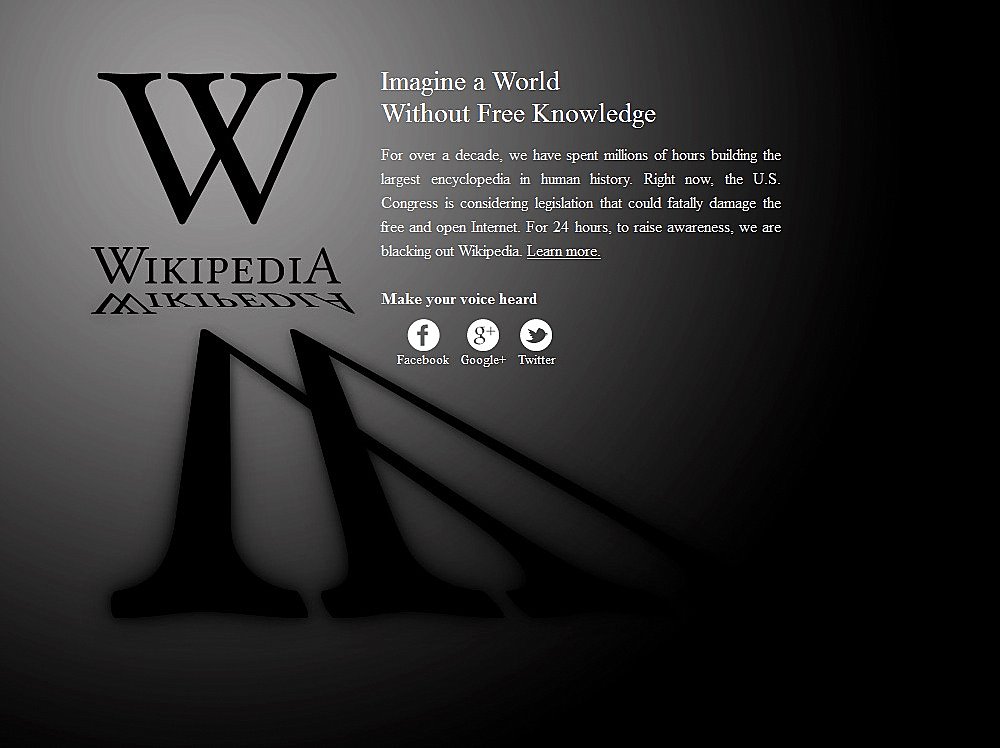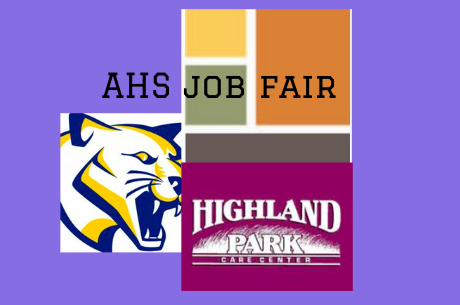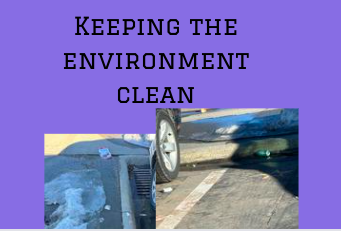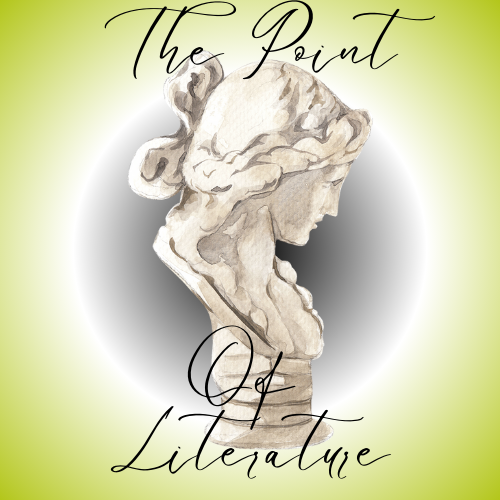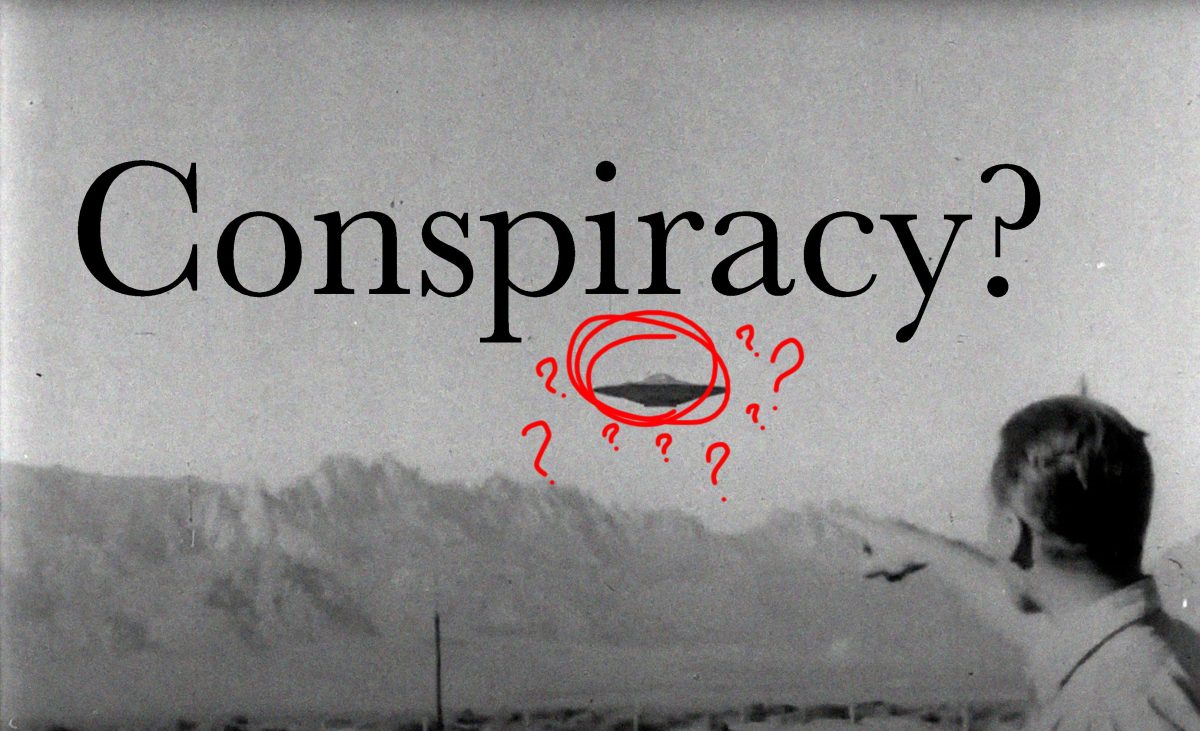SOPA (Stop Online Piracy Act) and PIPA (Protect IP Act) were bills going through legislature recently that seemed to go unnoticed for almost too long. The bills’ primary purposes were to “protect intellectual property,” which means they want to protect the ideas and products, things like movies, songs, and almost all mass medias, so that producers and writers can maintain a higher standard for what could be considered our current major export, entertainment.
In protest, certain websites followed through with what should have been an internet wide blackout to show the probable effects of these bills. The most effective of all blackouts (or turning off access to that site) was Wikipedia’s site blackout that only allowed the English portion of the site to view a black page that contained some information about the bills, the respective sties where the bills were detailed, and an easy way to contact a local government representative. Needless to say, the idea of students actually having to “search” for information caused an uprising the likes of which shall be remembered forever in angry letter history.
The protests from around the nation lead to the death of the bills, they lost their support in Congress and the House of Representatives, and fell to a dark place of dead, annoying, and pointless bills. The death of these bills should have left legislature with a good idea that a bill like this will never, and can never, be supported in America or anywhere on earth, outside of China’s, who already already has highly restricted internet usage policies. That should have been true, but instead another bill, ACTA (Anti-Counterfeiting Trade Agreement), is written to pick up exactly where SOPA/PIPA left off. It has the same relative outline as SOPA/PIPA with the idea of protecting intellectual property. In all reality, what this bill will do is create a monopoly for those who already have a strong hold on these respective industries. It will allow anyone who happens to use something that is slightly too similar to what someone else already did or said to be stricken from the internet. This bill means Youtube, in its entirety, would be closed, because most of the videos it features do not give proper credit to the original creators. ACTA is slightly better than SOPA/PIPA in that the company holding the video will no longer take direct blame for holding the video, song, etc., but it will still cripple the internet and cause Wikipedia a great deal of harm.
For instance, teachers who use multimedia programs for notes could be subject to some sort of repercussion for improperly citing information used in the notes. Mr. Hickman, in an interview about the SOPA bill said, “I use information in my notes, and I try to cite them accordingly, but the site I got it from may have cited something wrong, and that could cause problems.”
All of these bills are pushed by Hollywood and other various powerful entertainment industries that would benefit from a monopoly of intellectual property, and, eventually, of the internet. These entertainment companies keep pushing for bills like this to be passed, so the internet society has posed an alternate solution that will, hopefully, force these companies to shut up, drop the lost cause, and go home to their mansions.
The solution is Black March. Black March is the plan to remind these industries that they need the consumers. The plan is to give up new movies, songs, videos, everything on the internet and in theatres. If everyone in America can give up going to theatres, downloading music and movies, both legally and others, buying or ordering media, it will effectively crash the quarterly report and show them they can’t push us around anymore. Organizers know not everyone will join in, but if even half of the people who know about this act on it, it will cause a big enough dip in revenue to end these “intellectual property” bills, that are really just a front to control the internet, once and for all.

